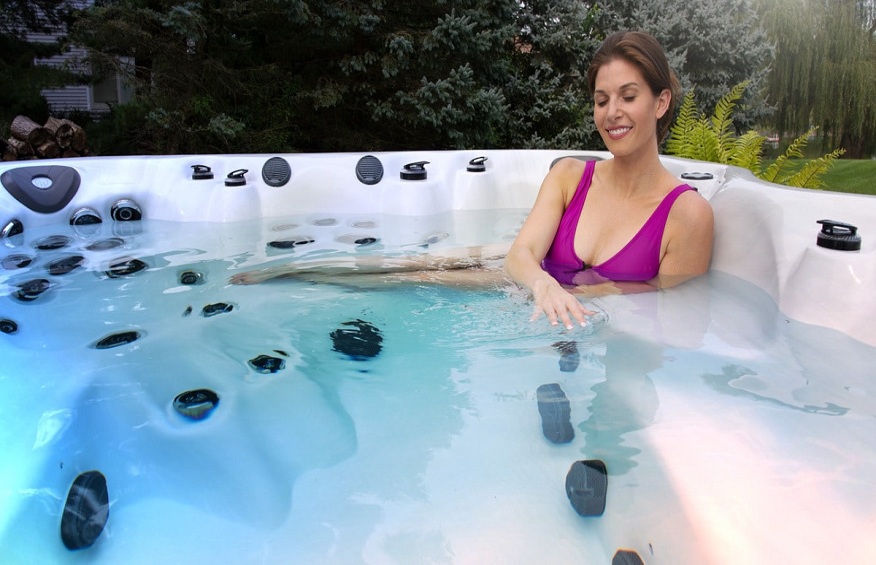Why Test Your Water When Using Hot Tub Enzymes
Maintaining your hot tub or pool ensures clean water and adequate relaxation. You may want to use different chemicals to treat your water, and enzymes are commonly used. However, water testing is vital when using hot tub enzymes. While the enzymes can help break down the organic matter and reduce the need for harsh chemicals, they do not replace the need for regular water testing.
Here is why you should test your tub water when using enzymes:
1. pH Balance
Enzymes may not significantly impact the pH level of your tub water. So, it’s critical to maintain the correct pH balance in your hot tub. Doing this will ensure optimal comfort and prevent damage to the hot tub and equipment. Regular testing will also adjust the pH level as required.
2. Proper sanitation
Enzymes help break down organic matter, but they may not be sufficient for sanitizing the water. Therefore, ensure that your hot tub water is well-sanitized to avoid the growth of bacteria, viruses, and other pathogens. Testing the tub water regularly helps you monitor sanitizer levels, such as chlorine or bromine, which keeps the water safe.
3. Addressing water hardness
Enzymes do not manage water hardness. This is the concentration of minerals like calcium and magnesium. High water hardness levels can lead to scale buildup on surfaces and equipment. Testing your water helps you determine the hardness levels and take appropriate measures to address the issue.
4. Total Dissolved Solids (TDS)
Over time, the concentration of dissolved solids in your hot tub water may increase. Testing for TDS allows you to monitor the water’s cleanliness and determine if it requires dilution or replacement.
What ingredients are contained in hot tub enzymes?
Hot tub enzymes contain different ingredients to help maintain tub water clarity and cleanliness. These may vary depending on the brand and product. The common components include;
- Enzymes-Hot tub enzymes usually contain different enzymes that help break down organic compounds and contaminants in the water. These range from protease, lipase, cellulase, and amylase.
- Surfactants-Surfactants help lower surface tension and aid in the removal of dirt, grime, and oils. They help break up and disperse oils and other substances in the water, making it easier for the enzymes to break them down.
- Stabilizers-Stabilizers, which can be in the form of sodium metabisulfite or sodium bisulfite, are often present in hot tub enzymes. They help protect the active enzymes from degradation caused by chlorine or bromine sanitizers.
- Water conditioners:Some enzymes contain water conditioners or chelating agents. These help control mineral scaling and staining caused by metals.
- Fragrances-Some enzyme products may include fragrances or essential oils that enhance the scent of your tub water.
Final thoughts
By testing your hot tub water regularly, you ensure it remains balanced, sanitized, and safe. Remember to use hot tub enzymes for their many benefits. They will help maintain crisp, clear water in your tub but shouldn’t complement your water maintenance routine. Contact leading enzyme manufacturers and acquire high-quality hot tub enzymes for your spa.


